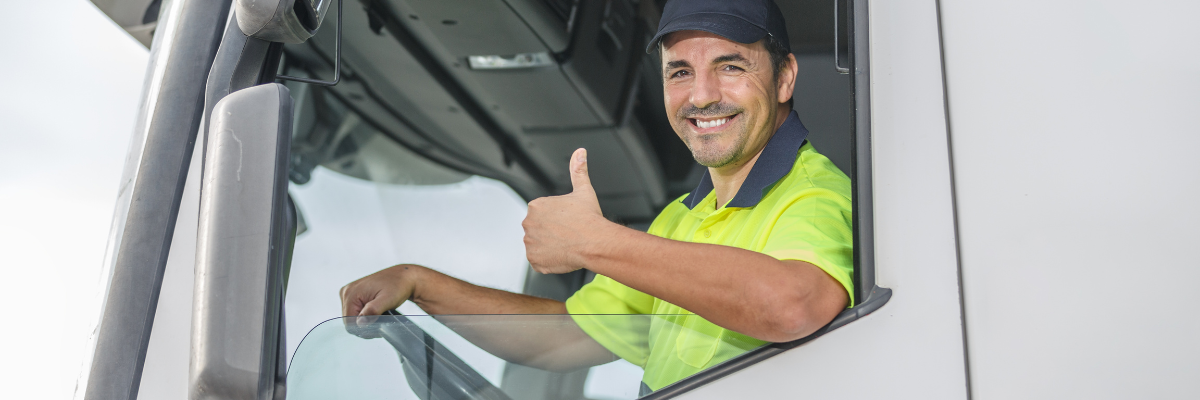
The U.S. trucking industry is vital to the nation’s supply chain, moving 70% of all goods across the country. But keeping trucks on the road requires navigating a complex landscape of federal, state, and local regulations and permits. Understanding these requirements for logistics providers and trucking companies is crucial to maintaining compliance, optimizing operations, and avoiding costly fines or delays. In this blog, we’ll explore some of the essential regulations and permits you need to know when operating in the U.S. trucking sector.
Federal Regulations: Setting the Standard for Safety and Compliance
At the federal level, the Federal Motor Carrier Safety Administration (FMCSA) is the primary body governing trucking regulations. The FMCSA enforces standards that promote road safety, such as hours-of-service (HOS) rules, which limit how long drivers can operate their vehicles without rest. Adherence to HOS rules is mandatory, as it prevents driver fatigue and enhances overall safety on U.S. highways. The FMCSA also requires electronic logging devices (ELDs) to monitor drivers’ hours in real-time, ensuring accurate record-keeping and compliance.
The FMCSA also sets commercial driver’s licenses (CDLs), vehicle maintenance, and insurance coverage requirements. Each driver must hold a valid CDL for the type of vehicle they operate, and carriers are responsible for maintaining detailed records on vehicle inspections, repairs, and maintenance schedules. Insurance minimums are also regulated federally, with coverage requirements varying based on the type and weight of the freight being hauled.
State-Level Permits: Understanding Intrastate Requirements
Beyond federal guidelines, each state has its own set of rules and permits that may affect interstate carriers, especially if they’re transporting oversized or hazardous materials. While federal regulations set the foundation, state-level permits, and rules govern how trucks move within state lines. For instance, specific permits are required for oversized loads that exceed state-determined height, width, length, or weight limits. These permits often come with route restrictions, requiring operators to plan carefully to avoid non-permitted roads or bridge weight limits.
In states like California, with more stringent environmental standards, carriers must comply with specific emissions regulations. Meanwhile, other states may have unique weight limits or road use taxes, adding additional complexity to interstate logistics.
Special Permits for Hazardous and Oversized Loads
Specialized permits are often necessary for transporting hazardous materials (hazmat) or oversized loads, as these shipments require increased safety and security. Hazmat permits vary by state and may require drivers to undergo additional training to handle dangerous goods, such as chemicals, fuels, or explosives. Each shipment must also be labeled according to Department of Transportation (DOT) regulations and follow designated routes that minimize risk to populated areas.
Oversized and overweight loads, often associated with project cargo, heavy machinery, or large construction equipment, require additional permitting and planning. These permits generally have specific travel restrictions, such as limiting movement to daylight hours and specific weekdays. Some oversized loads may also need escort vehicles to ensure safe transit and compliance with state requirements.
Key Challenges and Compliance Strategies
Staying on top of trucking regulations and permits is no small feat. Changes in federal or state laws, like updated emissions standards or revised weight limits, can significantly impact operations. Non-compliance can result in hefty fines, delays, and even the suspension of operating authority.
To navigate these challenges, logistics providers should consider investing in technology solutions that streamline compliance tracking. Automated systems can manage HOS records, vehicle inspections, and permit renewals, ensuring timely compliance with federal and state regulations. Additionally, working with a logistics provider experienced in permitting can be invaluable for companies that regularly transport oversized or hazmat loads.
How Everglory Logistics Can Help
At Everglory Logistics, we specialize in managing the complexities of trucking permits and regulatory compliance so our clients can focus on their core operations. With decades of experience in U.S. logistics, we provide guidance on FMCSA requirements, state permits, and specialized regulations for oversized and hazmat shipments. Our team is dedicated to creating streamlined solutions for efficient, compliant, and cost-effective trucking operations.
Navigating U.S. trucking regulations and permits requires diligence and expertise, but compliance is essential to keeping goods moving smoothly and safely. Companies can ensure compliance, avoid fines, and enhance operational efficiency by understanding the rules at both the federal and state levels and leveraging the expertise of a logistics partner like Everglory Logistics. Let Everglory Logistics handle the complexities of regulatory compliance so you can keep your focus on what matters—growing your business.







